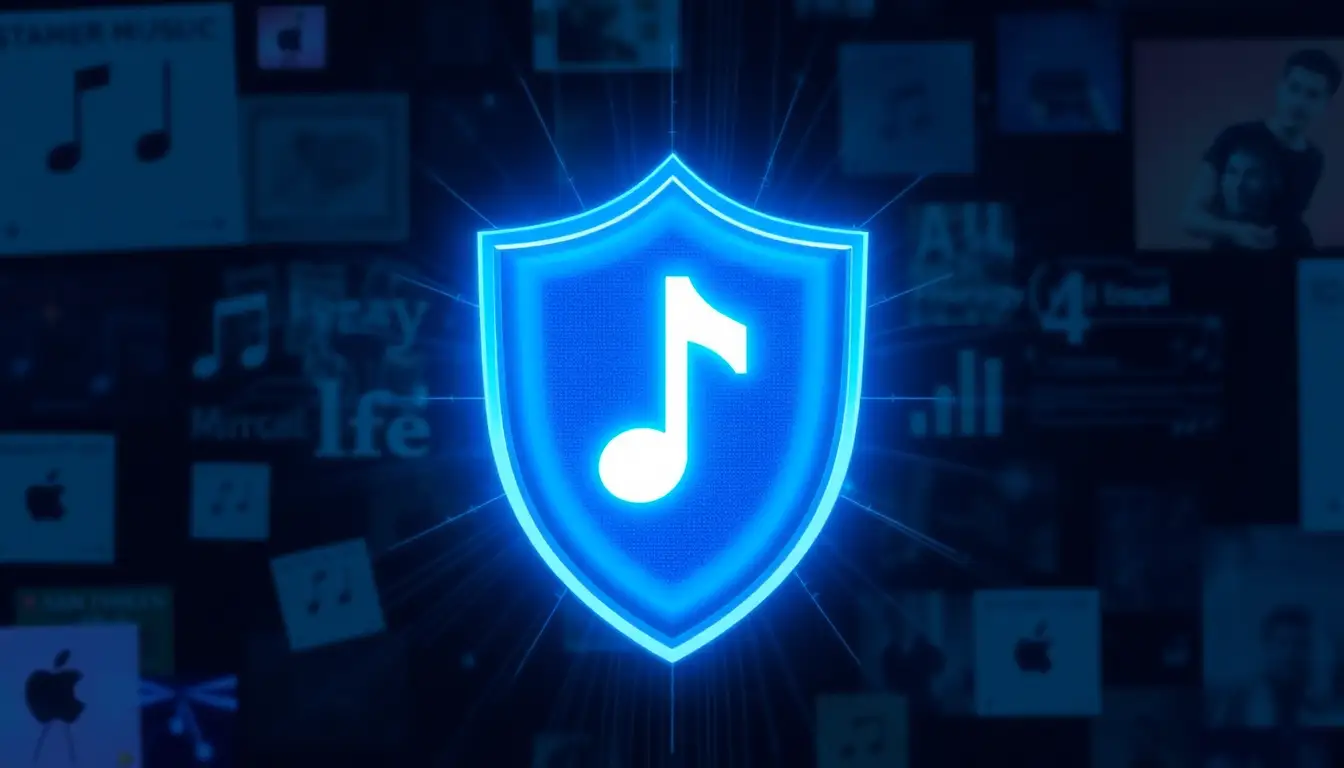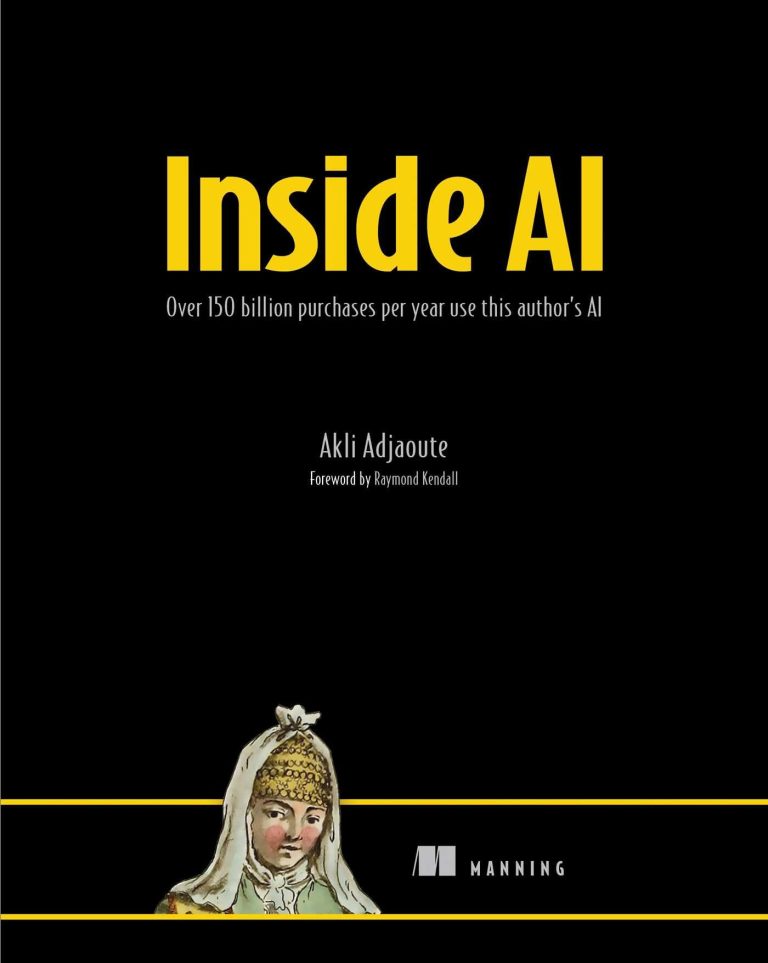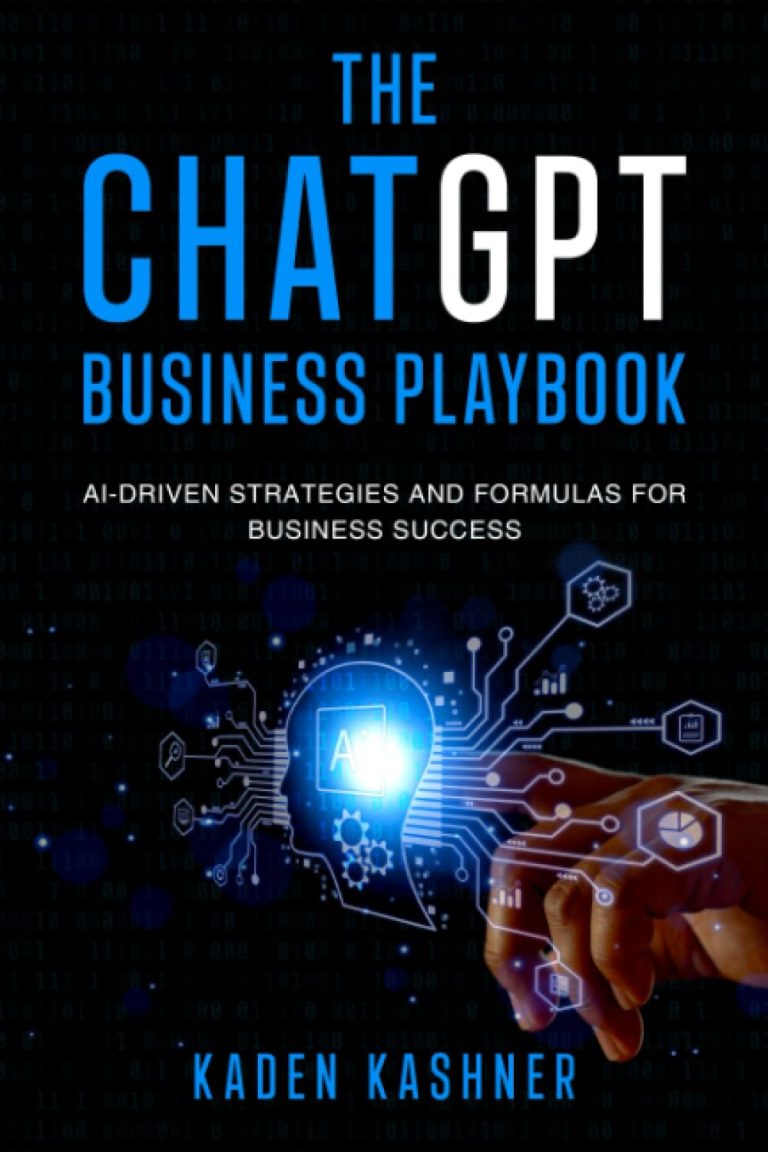
Now loading...
Concerns surrounding artificial intelligence (AI) have increasingly become a major challenge for the music industry, and Spotify has announced new measures aimed at enhancing the platform’s defenses against fraudulent activities, including spam and unauthorized use of AI. Over the past year, Spotify has removed more than 75 million tracks deemed as “spammy.”
The streaming giant’s updated protocols include a policy to combat unauthorized vocal impersonation—often referred to as “deepfakes”—and other fraudulent music uploads to artists’ official profiles. Additionally, Spotify is rolling out an improved spam filter designed to thwart mass uploads, duplicate tracks, SEO manipulation, and misleadingly short songs that are intended to artificially inflate streaming numbers and associated payments. Furthermore, the company is working with industry stakeholders to create a standardized method for crediting songs that clearly states the role of AI in their production.
In a recent blog post, Spotify emphasized the rapid advancements in generative AI technology and their dual effects on the creative landscape. While AI can facilitate innovative music creation and enhance listener experiences, it can also be misused by malicious entities and content farms, who may introduce low-quality music into the ecosystem, consequently hindering genuine artists striving to cultivate their craft.
Charlie Hellman, Spotify’s Vice President and Global Head of Music Product, stated during a recent press briefing that the company aims not to penalize artists who responsibly use AI, but rather to protect against those who exploit the system for personal gain. “We are here to stop the bad actors who are gaming the system,” Hellman affirmed.
Spotify’s new impersonation policy seeks to address the growing issue of unauthorized vocal cloning, which has become more accessible due to advancements in AI tools. Under the new guidelines, vocal impersonation on Spotify is permissible only when the original artist grants permission. The platform is also investing resources to combat impersonation tactics that involve uploading music to another artist’s profile. This includes testing new preventive measures with artists’ distributors and improving its content review process.
The launch of a music spam filter later this year is another key component of Spotify’s strategy, which will identify and tag uploaders engaging in malicious practices, ensuring that genuine artists can maintain their rightful place in the streaming economy. The company plans to implement this system selectively to avoid penalizing non-offending users, continuously enhancing it as new challenges emerge.
Recognizing listeners’ desire for transparency regarding the role of AI in music creation, Spotify is committed to supporting an industry standard for AI disclosures in music credits. This initiative will allow artists to indicate how AI has contributed to their work, whether in vocal generation, instrumentation, or other aspects of production. By collaborating with various industry partners, Spotify aims to provide a unified approach that fosters trust among listeners, ensuring that they’re informed about the origins of the music they stream.
Concluding the announcement, Spotify reaffirmed its commitment to nurturing artists’ creative freedoms while actively countering the misuse of AI by bad actors in the industry. As the technology evolves, Spotify plans to continue refining its policies to cultivate a trustworthy music ecosystem for artists, rights holders, and listeners alike.


